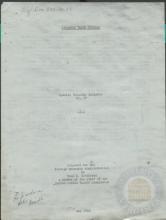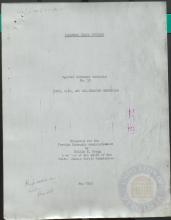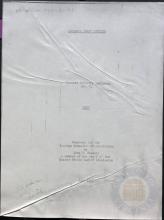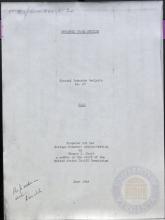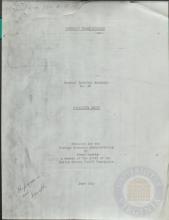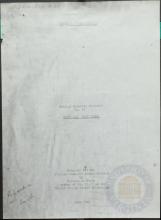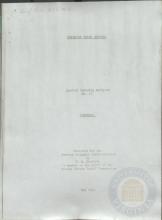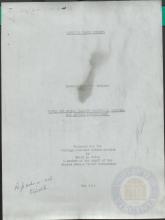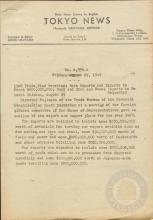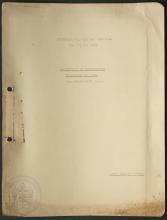Japanese Trade Studies, Special Industry Analysis No. 17 - Dyes
Contributors:
Description:
Report prepared for the Foreign Economic Administration by a member of the staff of the United States Tariff Commission. This study focuses on the role of Dyes in Japan's economy. Entered in as Defense Document 500-A-17. Handwritten note states "Reproduce all. Smith." Prior to the war, Japan was the fourth or fifth largest dye-producing country with a significant export trade to the major industrial countries in the world although they were "not a formal member" of the International Dye Cartel. Points out that "the raw materials, crudes and intermediates, and basic technology of dye manufacture are common to an endless variety of products needed to prosecute a war." Concludes that "notwithstanding the considerations of the direct military value of a dye industry, the continued existence of this industry, but on a very reduced scale, would be justified to some extent on the basis of the adaptability of the industry to Japan, including the availability of certain requisite raw material
Date:
1945CE May
Subject:

